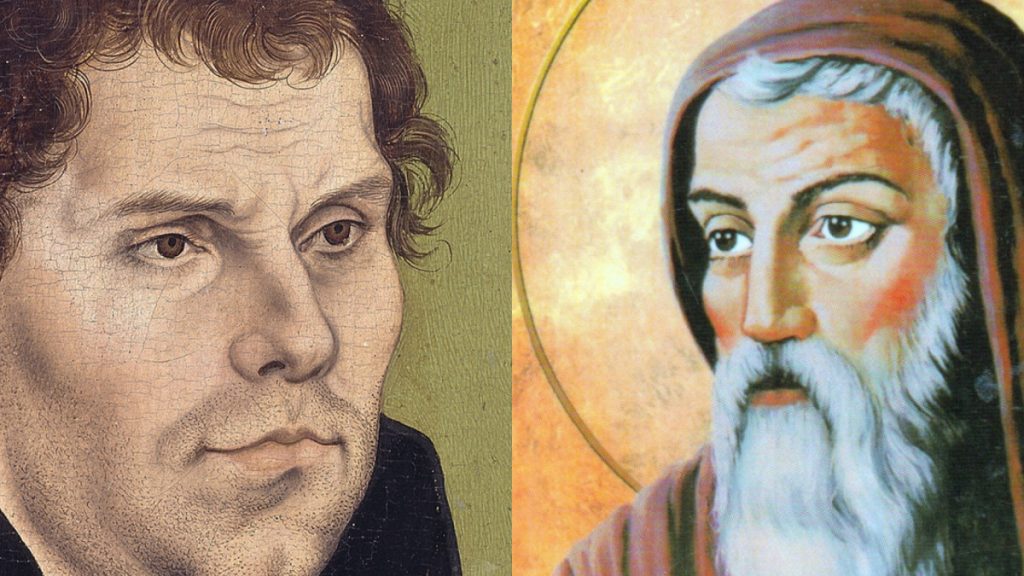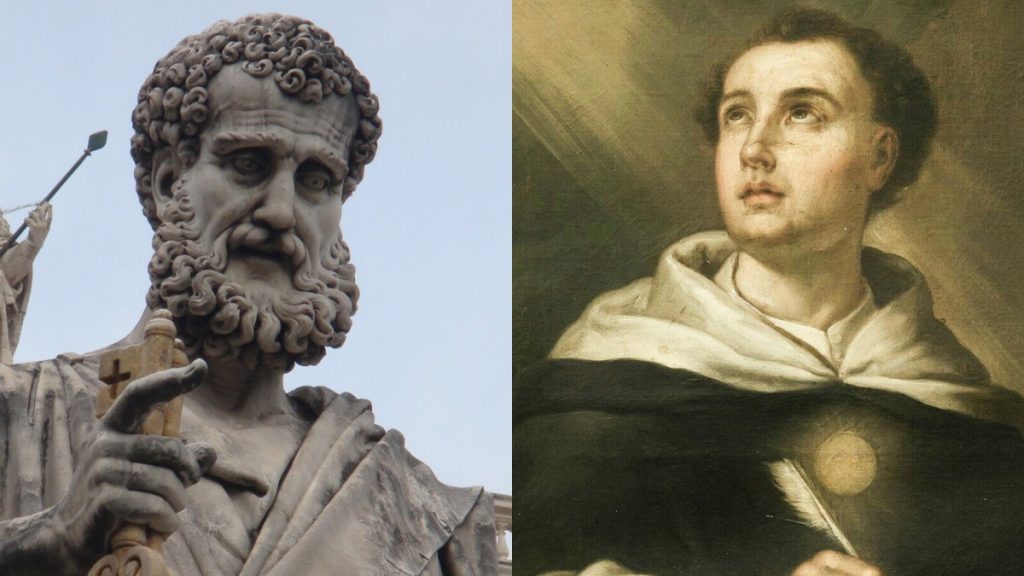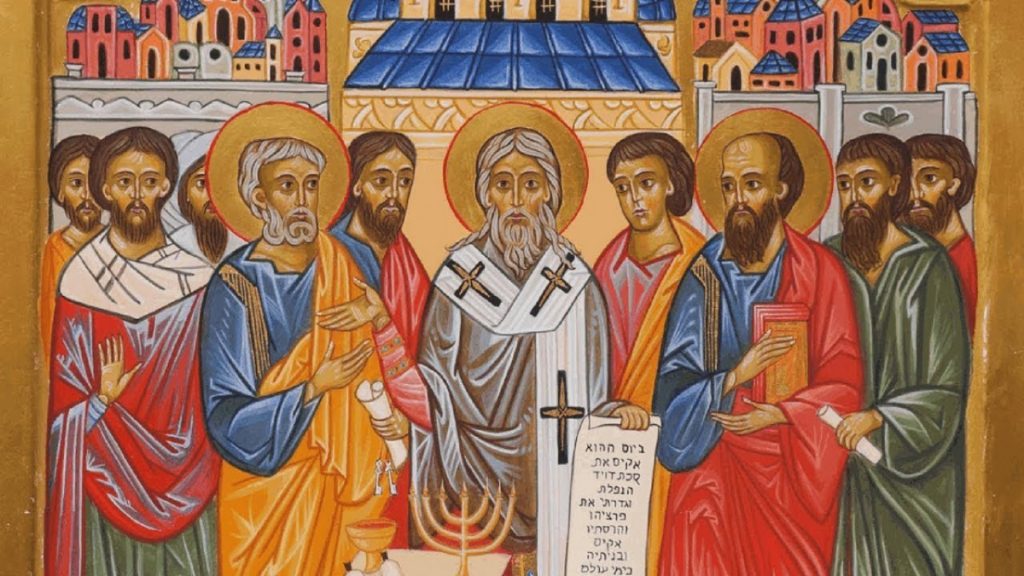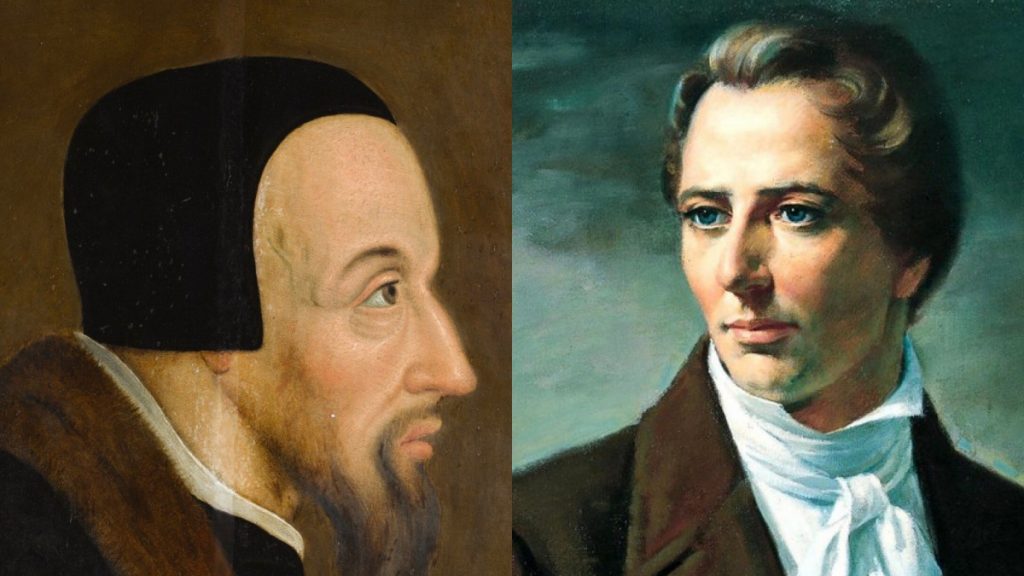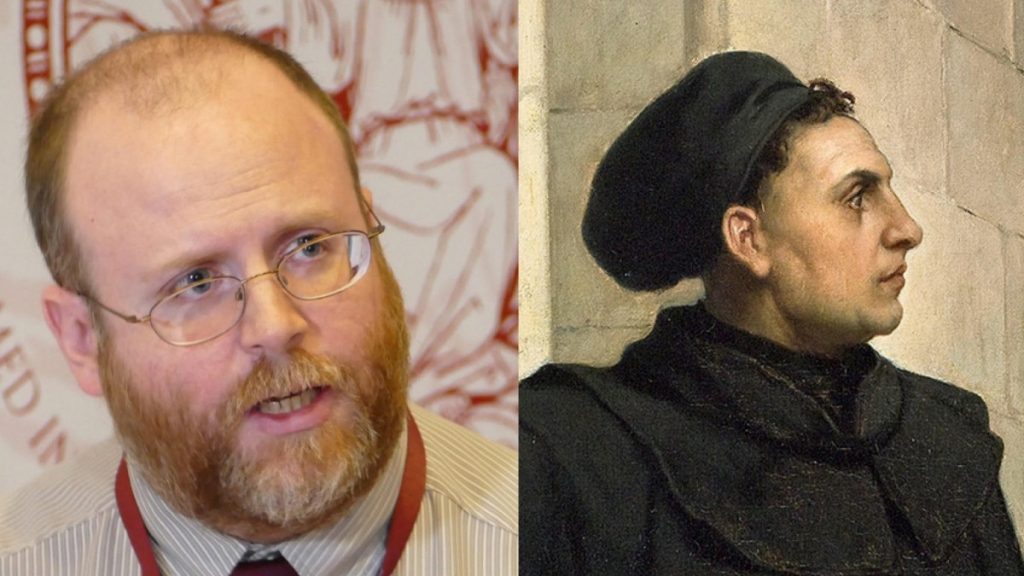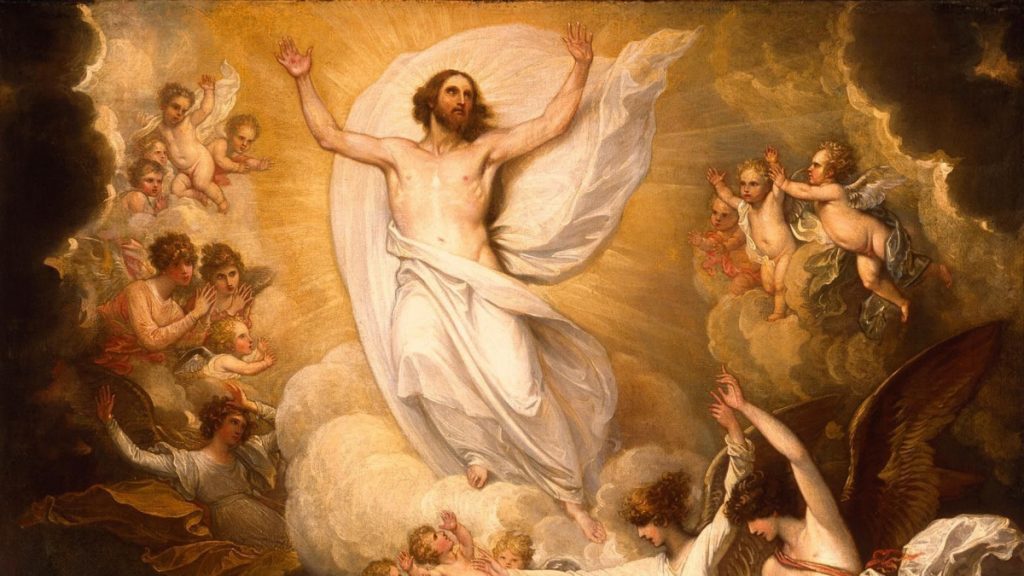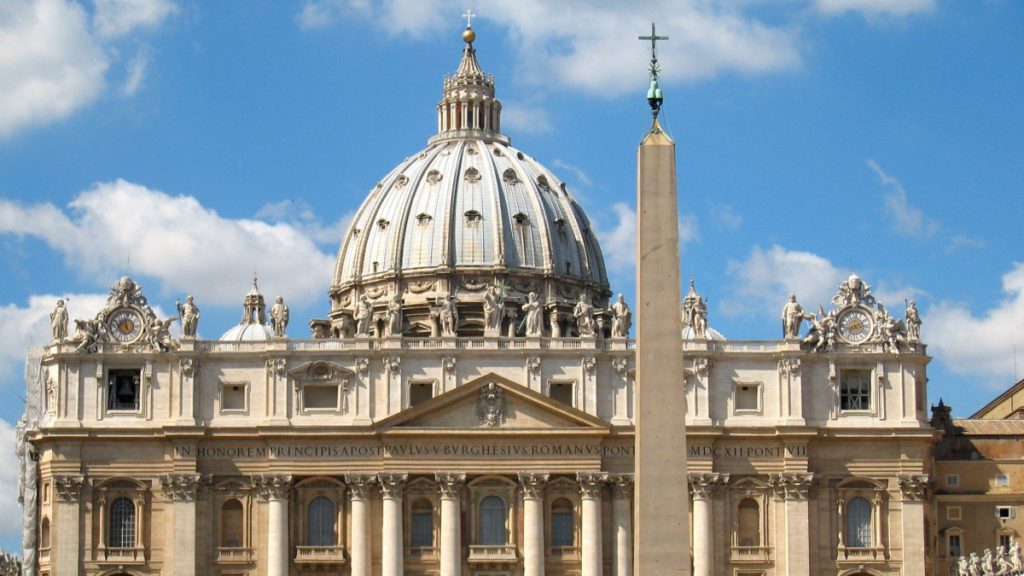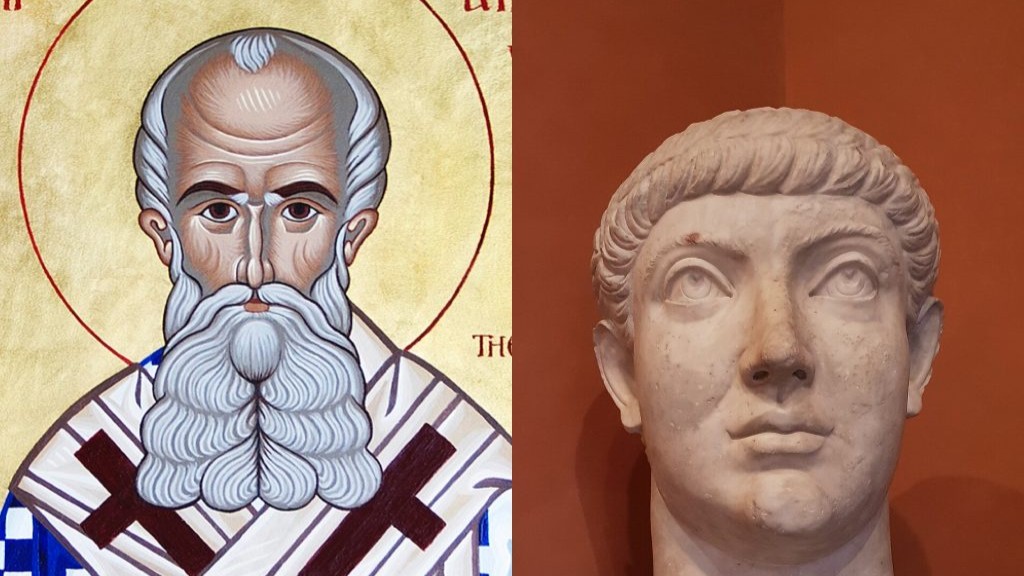This blog post is Part 4 of Church Authority, and Saint Ignatius the Red Pill. The individual parts are linked above.
Part 1 covered Ignatius’ idea of Church authority in his letters to the Philadelphians and the Smyrnaeans. Part 2 covered his letter to the Ephesians. Part 3 covered his letter to the Magnesians. Part 4 (this one) will cover his letter to the Trallians.
St. Ignatius’s Letter to the Trallians
As has been repeatedly shown in this “series within a series,” Ignatius of Antioch had an exceptionally high view of Church authority, and the obedience owed to the hierarchical priesthood by lay Christians. This trend is readily apparent in his Letter to the Trallians. Tralles was a Greek city located in what is today western Turkey (the modern city is named Aydin).
In the first chapter, he refers to the congregation’s bishop:
I know that you possess an unblameable and sincere mind in patience, and that not only in present practice, but according to inherent nature, as Polybius your bishop has shown me…
In the second chapter, he emphasizes obedience to the bishop, as well as deacons, who Ignatius emphasizes administer the “mysteries of Jesus Christ,” a clear reference to sacraments of some kind:
For, since you are subject to the bishop as to Jesus Christ, you appear to me to live not after the manner of men, but according to Jesus Christ, who died for us, in order, by believing in His death, you may escape from death. It is therefore necessary that, as you indeed do, so without the bishop you should do nothing, but should also be subject to the presbytery, as to the apostle of Jesus Christ, who is our hope, in whom, if we live, we shall [at last] be found. It is fitting also that the deacons, as being [the ministers] of the mysteries of Jesus Christ, should in every respect be pleasing to all. For they are not ministers of meat and drink, but servants of the Church of God. They are bound, therefore, to avoid all grounds of accusation [against them], as they would do fire.
In the third chapter, Ignatius compares the ministers of the Church to the ancient Sanhedrin, again asserting that they are appointed by Christ Himself:
In like manner, let all reverence the deacons as an appointment of Jesus Christ, and the bishop as Jesus Christ, who is the Son of the Father, and the presbyters as the Sanhedrin of God, and assembly of the apostles. Apart from these, there is no Church.
In the sixth chapter, he offers a very strong warning against heresy—false doctrine greatly concerns Ignatius, and given his assertions about the authority of bishops, etc., it stands to reason that he saw the surest guarantee of true doctrine was communion with those who have authority in the Church:
I therefore, yet not I, but the love of Jesus Christ, entreat you that you use Christian nourishment only, and abstain from herbage of a different kind; I mean heresy. For those [that are given to this] mix up Jesus Christ with their own poison, speaking things which are unworthy of credit, like those who administer a deadly drug in sweet wine, which he who is ignorant of does greedily take, with a fatal pleasure leading to his own death.
Ignatius makes the connection between correct doctrine, and obedience to the bishop, explicit in the seventh chapter. He also, yet again, connects obedience to the bishop (and other ministers) with eucharistic communion (by his reference to “the altar”). Magisterial authority and the Eucharist are intimately connected in the mind of Ignatius:
Be on your guard, therefore, against such persons. And this will be the case with you if you are not puffed up, and continue in intimate union with Jesus Christ our God, and the bishop, and the enactments of the apostles. He that is within the altar is pure, but he that is without is not pure; that is, he who does anything apart from the bishop, and presbytery, and deacons, such a man is not pure in his conscience.
In the twelfth chapter, he again emphasizes obedience to the bishop, and asserting that the presbyters (priests) have an even greater duty to obey. Clearly, Ignatius takes for granted a hierarchical structure of Church authority. Honoring this hierarchy, he claims, is to honor both the Apostles, and Christ:
Continue in harmony among yourselves, and in prayer with one another; for it becomes every one of you, and especially the presbyters, to refresh the bishop, to the honor of the Father, of Jesus Christ, and of the apostles.
In his farewell in the thirteenth chapter, he makes one final mention of obedience:
Farewell in Jesus Christ, while you continue subject to the bishop, as to the command [of God], and in like manner to the presbytery.
Conclusion
In short, this Ignatian letter like the others, shows that he had a high view of Church authority; he considers obedience to a hierarchical structure of bishops, priests, and deacons to be obedience to Christ; he believes that this obedience is an inherent part of eucharistic communion; and that he believed obedience to these ministers provided strong protection against falling into heresy.

